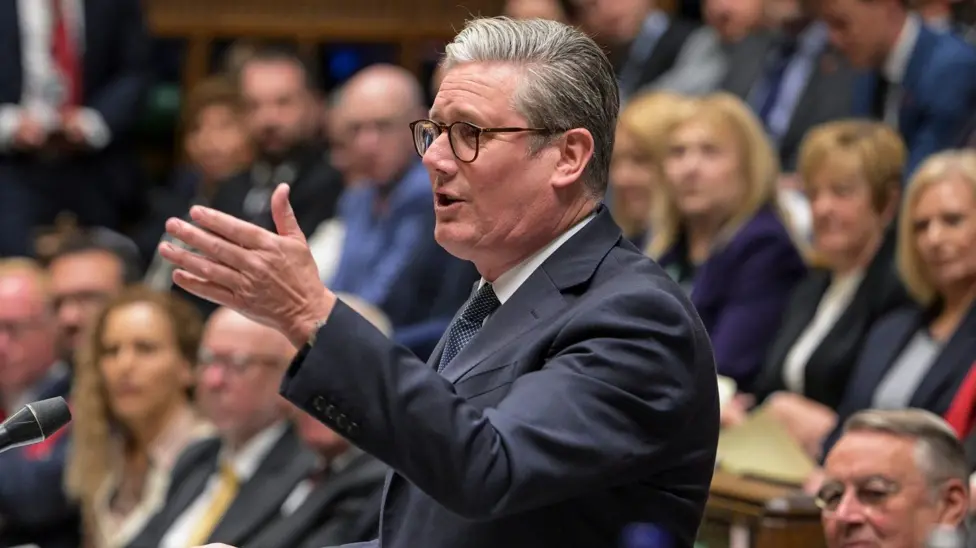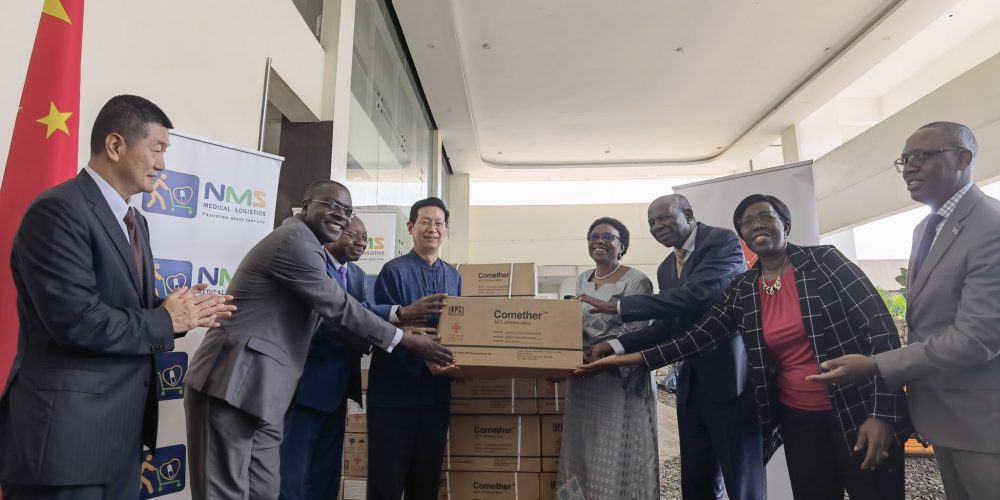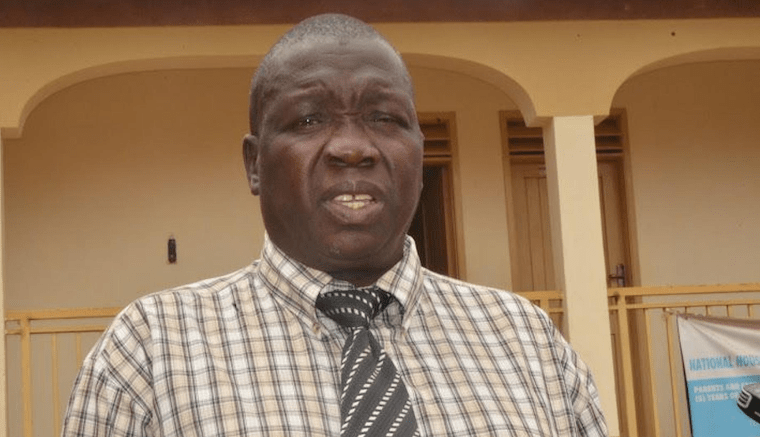Reclaiming Borders – A Turning Point in Britain’s Immigration Policy

By Our Guest Writer
London. Monday marked a defining moment in the UK’s immigration narrative with the publication of a new White Paper that the current government claims will deliver on a long-standing promise: to “take back control” of Britain’s borders.
Framed as both a moral imperative and a practical necessity, the strategy is positioned as a clean break from what is described as years of dysfunction and betrayal under the previous government.
The central message is unmistakable—immigration must be reduced, and the system must be reoriented to serve the national interest. The Prime Minister doesn’t just outline a shift in policy; he indicts the past administration for failing spectacularly to match action with rhetoric.
Between 2019 and 2023, he points out, net migration skyrocketed to nearly one million—an increase so stark that it has come to symbolize the disconnect between political promises and policy outcomes. That number is not just data—it is used as a rhetorical lightning rod, equated with the population of Birmingham, to underscore how out of control the system has become.
The critique goes beyond numbers. The speech accuses the former government of executing what amounts to a “one-nation experiment in open borders” while claiming to be delivering restrictions. The word “experiment” is pointed—it suggests recklessness and arrogance, a willful ignoring of the public mandate. In contrast, the current administration casts itself as the grown-up in the room, shutting down that experiment and restoring order.
What follows is a philosophy of governance rooted in fairness, rules, and mutual obligation. The Prime Minister appeals not to partisanship but to foundational principles—rules that shape a cohesive society and uphold shared values. In a diverse nation, he argues, immigration rules matter more, not less. Without them, there’s a risk of becoming an “island of strangers,” fractured rather than unified.
The criticism is also directed at how the current system affects domestic opportunity. Immigration, it is argued, has become a shortcut for businesses reluctant to invest in training British workers. This undercuts the prospects of young people, especially in skilled sectors like engineering where foreign visa issuance has soared even as apprenticeships have declined. The implication is stark: unchecked immigration doesn’t just strain infrastructure or housing—it hollows out the economic futures of British citizens.
Yet, the speech is careful not to drift into xenophobia. The Prime Minister explicitly recognizes the contributions of migrants, particularly in the rebuilding of post-war Britain and in today’s healthcare and tech sectors. He insists this is not about pulling up the drawbridge. Rather, it’s about fairness and contribution—about ensuring that immigration supports the national interest and does not become a pressure point on wages, housing, or public services.
To that end, the White Paper introduces a series of tough reforms: stricter skill requirements, higher English language standards, extended timeframes for settlement, and tighter enforcement. The underlying philosophy is that settlement in Britain should be earned—through work, contribution, and integration.
But perhaps the most significant aspect of the strategy is not any one policy, but its broader message: that immigration control is not a betrayal of openness, but an expression of democratic accountability. For too long, the Prime Minister suggests, Britain has treated control as a taboo—something inherently negative. This White Paper seeks to reframe it as both necessary and just.
In essence, the story being told is one of a country reclaiming its agency. After years of political inconsistency and institutional failure, this plan aspires to restore integrity to immigration policy. Whether it succeeds remains to be seen. But in tone, ambition, and scope, it marks a stark departure from the past—a strategic reassertion of sovereignty in an age when many feel that it has been slipping away.
















































